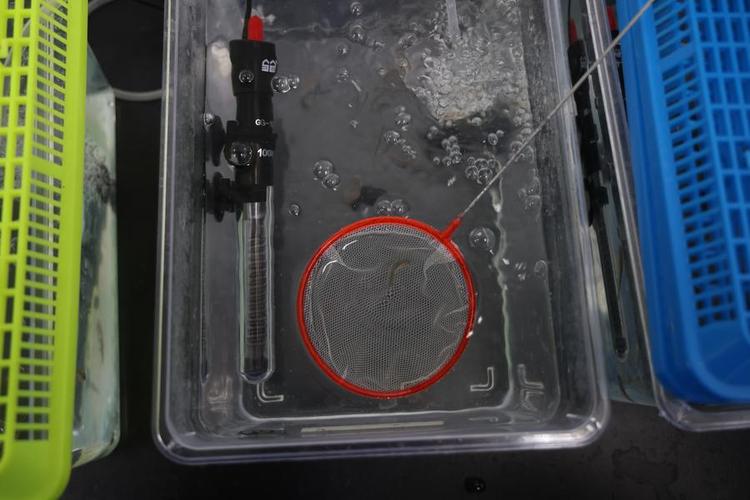【新华社】Zebrafish experiment on China's space station sets new record

WUHAN,Nov. 15 (Xinhua) -- A closed aquatic ecosystem established on China's space station proved to be successful,as four zebrafish kept in it completed their life stages from growth to development and reproduction in 43 days,according to an article recently published by The Innovation journal.
It set a new record for space ecological experiments,said the article.
Hailing the achievement as a milestone,the article said the experiment not only means progress in China's space ecosystem technology but also provides valuable data and technical support for closed-loop ecosystems in space missions.
On April 25,four zebrafish,four grams of aquatic plants,and three Chinese astronauts aboard the Shenzhou-18 manned spaceship went into space. On November 4,the Shenzhou-18 crew returned to Earth and brought back water samples from the space ecosystem.
Fish face adaptation problems in the space environment. The researchers from the Institute of Hydrobiology (IHB) of the Chinese Academy of Sciences (CAS) and the Shanghai Institute of Technical Physics of the CAS jointly designed the experiment,helping construct a closed aquatic ecosystem in which the aquatic plants produced oxygen through photosynthesis to feed the zebrafish. The excrement of zebrafish provided nutrients to the aquatic plants.
The foods were sent into the fish tank through a syringe,according to the IHB.
Zebrafish have a body length from three to five centimeters,and a pair of healthy zebrafish can lay more than 300 eggs at a time. They have more than 70 percent similarity to the human genome,which is of great significance for life sciences study,understanding the pathogenesis of human diseases and developing new drugs,said Wang Gaohong,a researcher at the IHB.
In the space station,the astronauts successfully collected water samples from the ecosystem and replaced the fish food box. They detected that the zebrafish showed abnormal directional behavior such as upside-down swimming,spinning movements,and looping response in the microgravity environment,Wang said.
China realized the long-term cultivation of vertebrates in the space station,said Sun Yonghua,a researcher of the IHB,acknowledging that the achievement has laid a sound scientific foundation for carrying out more aquatic biology and life medicine research in space and for sending more vertebrates into space in the future.
The samples returned from China's space station have been stored in an ultra-low temperature storage case and are waiting to be studied.
At present,China has more than 500 laboratories conducting the zebrafish-related research.
